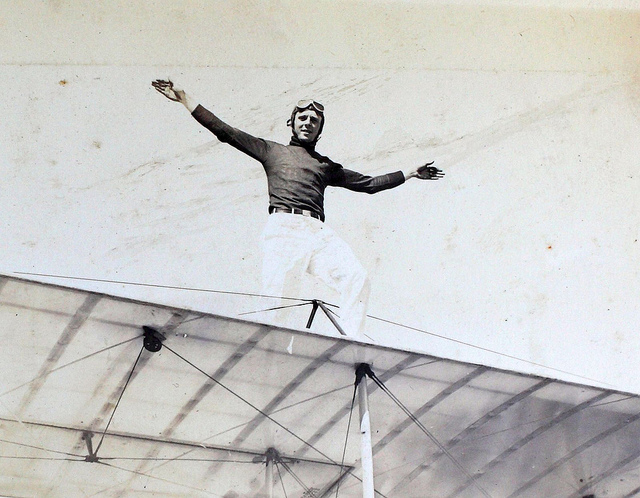Part 4: Revision

The most critical part of any writing process isn’t the creation, although that’s where we tend to spend the most time. The part of the process that requires the most thought and can create the best results is actually the last piece: Revision. We’ll discuss the meaning of revision, ways to consider it, strategies and tactics for efficient revision, and finally, the importance of editing.
Revising can feel dangerous. It takes everything you’ve done so far and tears it apart. You may, at times, feel like you’re doing something silly, risky, or just plain pointless.
The good news is that, once you’ve revised, you’ll have a better paper that more clearly represents exactly what you want to communicate. That’s a real accomplishment! (In practical terms, that means revision leads to better grades.)
Mastering the art of revising is a challenge even professional writers struggle with, but it’s a skill that we can practice and improve at any stage.
